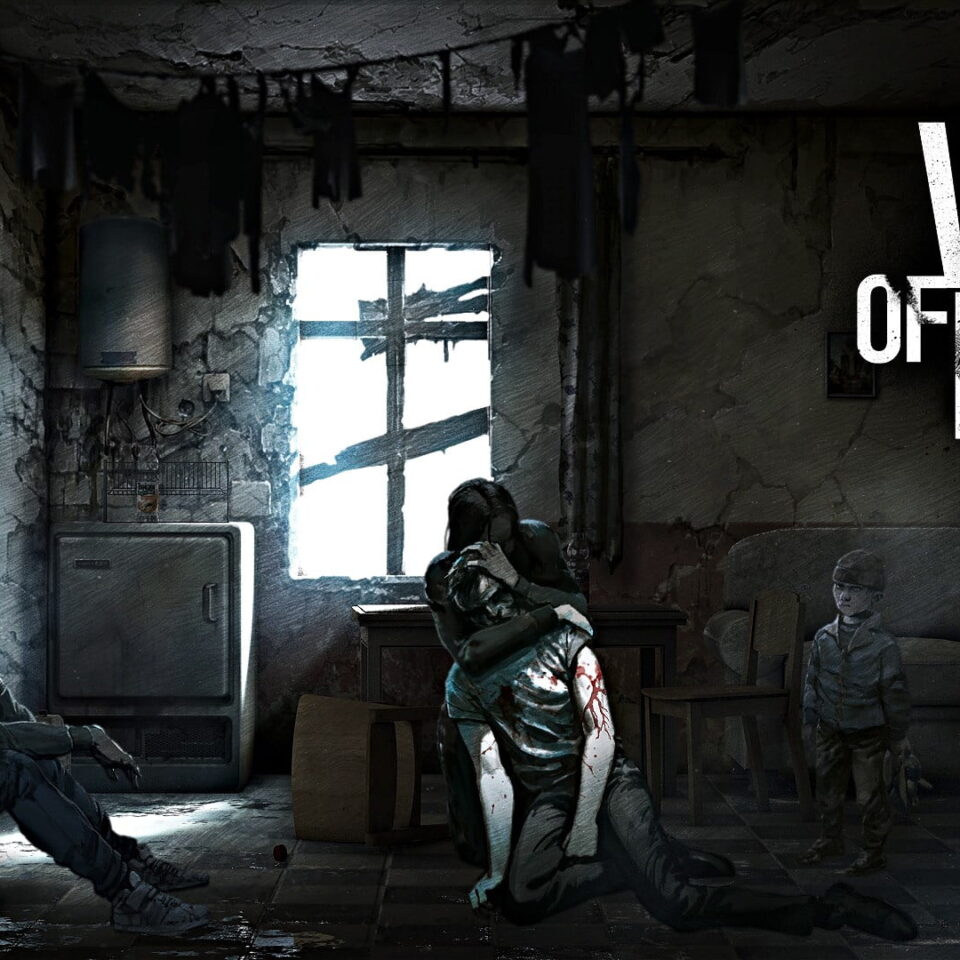Man always turns against man in the video game wasteland, it seems. Has the time come for a more optimistic end of the world?
Last year’s surprise hit This War Of Mine sought to simulate the realities of civilian life in a war-zone, drawing inspiration from the brutal Siege of Sarajevo during the Bosnian War. It perhaps cleaved more closely, however, to the tropes of video game post-apocalypses; scavengers picking desperately through the ruins of their city, fighting amongst themselves for supplies and, ultimately, finding themselves forced into discarding more and more of their morals and humanity just to survive.
They’re the same themes evoked in two of the most acclaimed post-apocalyptic video games of recent years: Telltale’s The Walking Dead and Naughty Dog’s The Last Of Us. Both were praised, as This War Of Mine was, for presenting worlds in which man turns against man in the face of overwhelming adversity.
When Rock Paper Shotgun released their review of the game, they received an interesting comment. User ‘Revan’ revealed that he had actually lived through the siege on which This War Of Mine is based, and that his experiences had been quite different from those portrayed. Circumstances had been incredibly difficult, yes, but that had brought people closer together, rather than tearing them apart.
“This game portrays people as getting colder and more selfish as time went on. It was exactly the opposite,” he explained. “Everyone shared everything. People helped each other in ways they would never do today. The notion that people killed and stole from others is laughable.
“You have people on the hills shelling you with up to three thousand shells per day. Trust me, breaking into someone’s place is the last thing on your mind. You need help. You ask, others will share.”
So why do we so unquestioningly believe that a ‘realistic’ post-apocalypse is one in which people are murdered, betrayed, corrupted and worse?

Ironically, these ideas are so pervasive that even games seemingly trying for a lighter take more often than not end up invoking them just as strongly. Games like Rage and Borderlands have no aspirations to comment on the darkness of the human soul – they’re just using desolate wastelands and ruins as a backdrop to the shoot-bang action – but they both feature hordes of depraved human enemies. The player guns down wave after wave of bloodthirsty bandits, roving gangs who murder without pause, take whatever they want, eat the dead, and fight well-armed strangers to the death without provocation.
These are human beings reduced to the mindset of fantasy Orcs, but they seemingly require no suspension of disbelief from the player at all. Often they don’t even receive any explanation or comment. We just accept that this would happen. As sure as the tides, if civilisation fell, Mad Max-style marauder gangs would surely follow. Even the Fallout series, otherwise very concerned with exploring the motivations and moralities of its characters, never seems to spare any thought at all for its Raiders.
It goes to show how deeply ingrained an idea can be, and how subconcious its use can become.
So here’s to an armageddon that brings us closer together, a zombie plague that gets us working as a team, or a meteor strike that sees us just rolling up our sleeves and jolly well getting on with rebuilding society.






